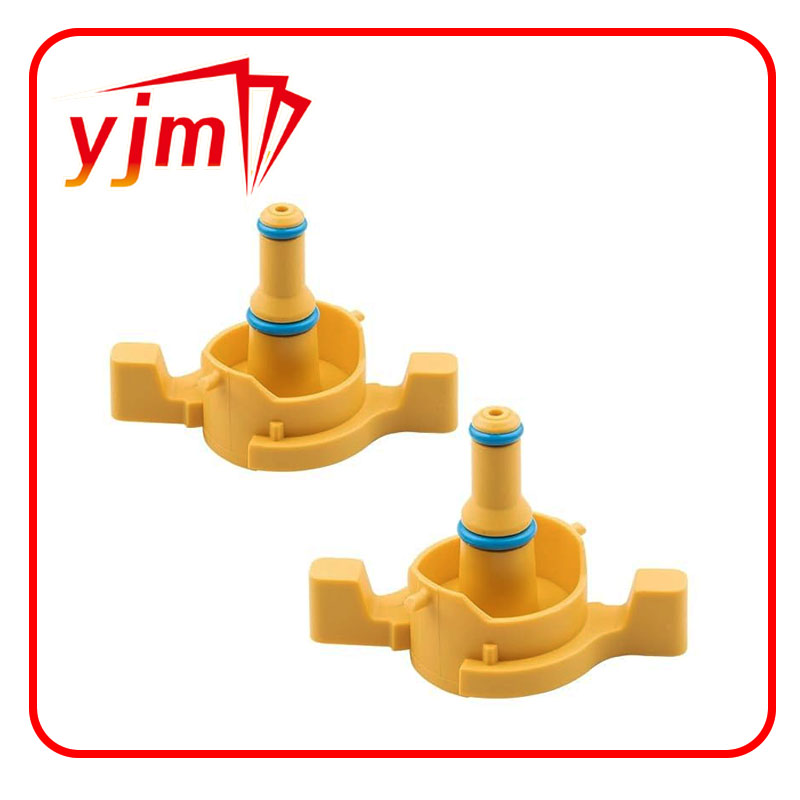Exploring the Importance of Gasket Oil Filter Housing in Engine Performance and Maintenance
Understanding the Importance of Gasket and Oil Filter Housing in Engine Performance
The performance and longevity of an engine are often determined by the quality and efficiency of its various components. Among these critical parts, the gasket and oil filter housing play pivotal roles. Understanding their function and significance is essential for anyone working with automotive engines or simply interested in how these systems operate.
What is a Gasket?
A gasket is a mechanical seal that fills the space between two or more mating surfaces. In engine applications, gaskets prevent the leakage of fluids, such as oil, coolant, and gases, which are vital to the engine's operation. Made from materials like rubber, metal, or composite materials, gaskets are engineered to withstand high temperatures, pressures, and various chemical exposures. When they fail, they can lead to significant engine problems, including decreased efficiency, overheating, or even complete engine failure.
Understanding Oil Filter Housing
The oil filter housing is a crucial component of the engine's lubrication system. It houses the oil filter, which is responsible for removing impurities and contaminants from the engine oil. Clean oil is essential for maintaining proper engine function, as it lubricates moving parts, reduces friction, and helps in cooling the engine. The design of the oil filter housing can vary between different engine models, but its primary function remains the same to protect the oil filter and ensure a secure connection to the oil flow system.
Role of Gasket in Oil Filter Housing
gasket oil filter housing

The gasket in the oil filter housing serves a critical purpose. It creates a tight seal between the filter and the housing, preventing any leakage of oil during circulation. If the gasket is damaged or improperly installed, it can lead to oil leaks, which can result in low oil levels, decreased lubrication, and potential engine damage. Therefore, it's crucial to regularly inspect the gasket for signs of wear or damage, especially when changing the oil filter.
Common Issues and Solutions
Over time, gaskets can become brittle and lose their sealing ability due to repeated exposure to heat and oils. This degradation can result in oil leaks, which can be harmful to the engine environment and performance. Regular maintenance that includes checking the oil filter housing gasket can help avoid these problems. If a leak is detected, replacing the faulty gasket promptly is necessary to ensure the engine operates efficiently.
Additionally, when installing a new oil filter, it is essential to ensure that the gasket is correctly positioned and lubricated to facilitate a proper seal. Many mechanics recommend applying a thin layer of oil on the gasket surface to ensure a better fit and function.
Conclusion
In summary, the gasket and oil filter housing are vital components of an engine's lubrication system. Their proper functioning is essential for maintaining engine efficiency and longevity. Regular inspections and timely replacements of gaskets can prevent costly repairs and enhance engine performance. For anyone interested in automotive maintenance, understanding these parts and their roles is fundamental to ensuring the health and reliability of an engine. By prioritizing the care of these components, vehicle owners can enjoy smoother rides and longer-lasting engines.
-
The Ultimate Guide to Boat Propeller Bearings and Trailer Wheel Bearings
News Jul.31,2025
-
The Essential Guide to Marine Bearings and Boat Trailer Wheel Bearings
News Jul.31,2025
-
The Complete Guide to Heavy Duty Seals: Protecting Doors and Spaces Efficiently
News Jul.31,2025
-
Essential Guide to Marine Shaft Bearings and Boat Trailer Axle Bearings
News Jul.31,2025
-
Comprehensive Guide to Marine and Trailer Bearings for Safe Boating and Transport
News Jul.31,2025
-
Comprehensive Guide to Automotive Oil Seals: Protecting Your Engine and Shafts
News Jul.31,2025
-
Understanding Automotive Oil Seals: Essential Components for Engine and Shaft Protection
News Jul.30,2025
Products categories















